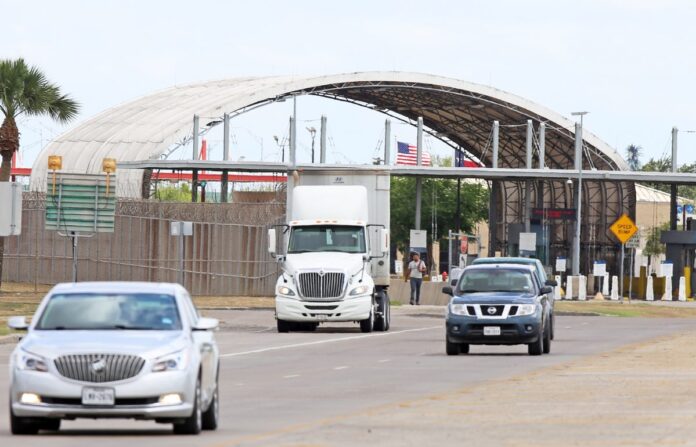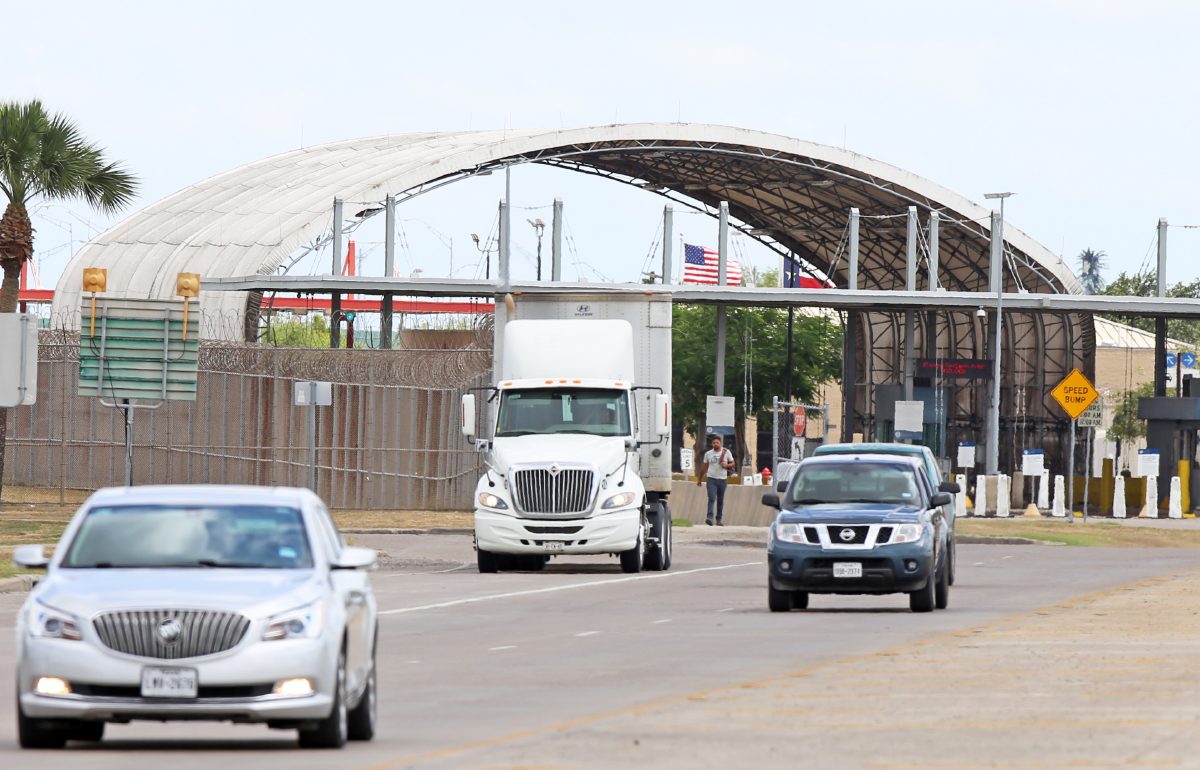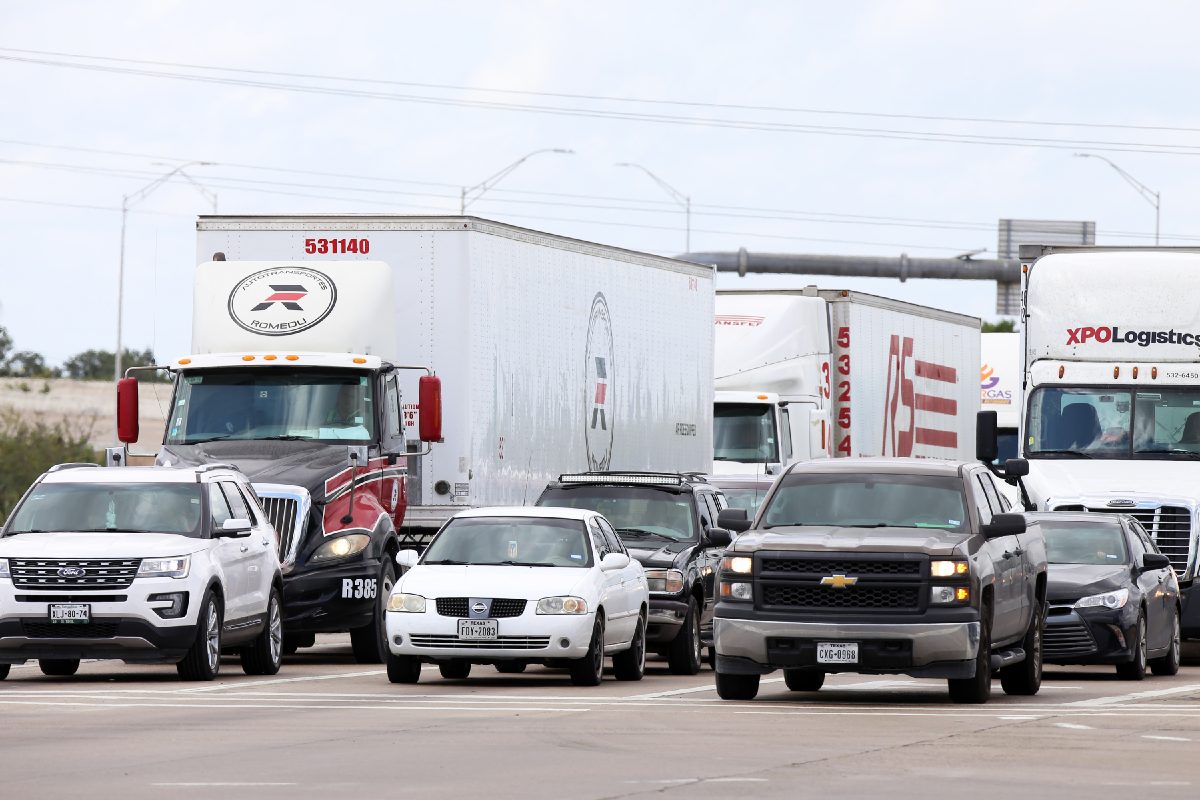John Reed, chairman of the Brownsville Navigation District, noted that the United States and Mexico have a long history as trade partners, with the Port of Brownsville serving a “critically important trade link between both countries.”
More than $3 billion worth of goods move over the port’s docks to Mexico each year, he said.
“We are optimistic that the passage of the USMCA will modernize the framework for improved trade, providing economic prosperity and greater job opportunities for the Rio Grande Valley,” Reed said.
Eduardo Campirano, port director and CEO, said the region thrived under NAFTA and that he thinks the region will continue to do well under USMCA.
“For the most part I think it’s all good,” he said.
Passage of the law after years of negotiations “brings finality and certainty,” Campirano said.
Mario Lozoya, executive director of the Greater Brownsville Incentives Corporation, said USMCA may cause foreign auto makers to consider the border region for establishing operations to make it less costly to satisfy the new rules or origin percentages.
Not everyone is completely sanguine about USMCA. Antonio Garza, former U.S. ambassador to Mexico and Cameron County judge, and now counsel to White & Case in Mexico City, said passage of the USMCA by the Senate likely brings a sense of relief to the millions of people across the United States whose livelihoods and jobs depend on trade — many of them Texans and border residents.
However, while representing an “encouraging step” and a much-needed update to e-commerce and other aspects of trade, Garza said he’s “concerned on the impact the new agreement may have on the overall competitiveness of North America.”
“It’s going to be awhile before we get a real sense as to how the new rules of origin and labor provisions will impact manufacturing and supply chains and, ultimately, decisions as to capital expenditure and expansion,” Garza said. “With a new agreement, elections and slower economic growth, the bottom line is that 2020 will pose some real challenges.”






